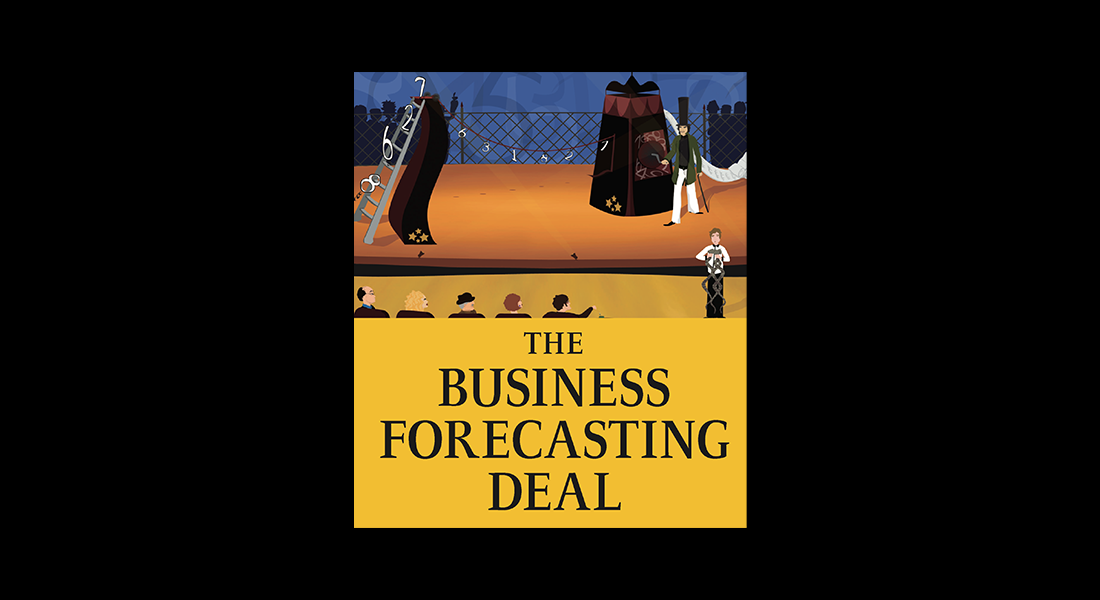The Business Forecasting Deal
Exposing bad practices and offering practical solutions in business forecasting
♦We learned this week that SAS is ranked #4 on Fortune's 100 Best Companies to Work For in 2015. This makes six straight years ranking in the top four (including twice at #1). ♦The March/April 2015 issue of Analytics Magazine includes a SAS company profile by my colleague Kathy Lange. As

Does your forecast look like a radio? No? Then don't treat it like one. A radio's tuning knob serves a valid purpose. It lets you make fine adjustments, improving reception of the incoming signal, resulting in a clearer and more enjoyable listening experience. But just because you can make fine adjustments to

Sports provide us with many familiar clichés about playing defense, such as: Defense wins championships. The best defense is a good offense. Or my favorite: The best defense is the one that ranks first statistically in overall defensive performance, after controlling for the quality of the offenses it has faced. Perhaps not

The Institute of Business Forecasting's FVA blog series continued in January, with my interview of Shaun Snapp, founder and editor of SCM Focus. Some of Shaun's answers surprised me, for example, that he doesn't compare performance to a naïve model (which I see as the most fundamental FVA comparison). But he went

This isn't such a brilliant article because we learn something new from it -- we really don't. But it is amazing to find, from someone in 1957, such a clear discussion of forecasting issues that still plague us today. If you can get past some of the Mad Men era words and

Combining Statistical Analysis with Subjective Judgment (continued) After summarily dismissing regression analysis and correlation analysis as panaceas for the business forecasting problem, Lorie turns next to "salesmen's forecasts."* He first echoes the assumption that we still hear today: This technique of sales forecasting has much to commend it. It is based
